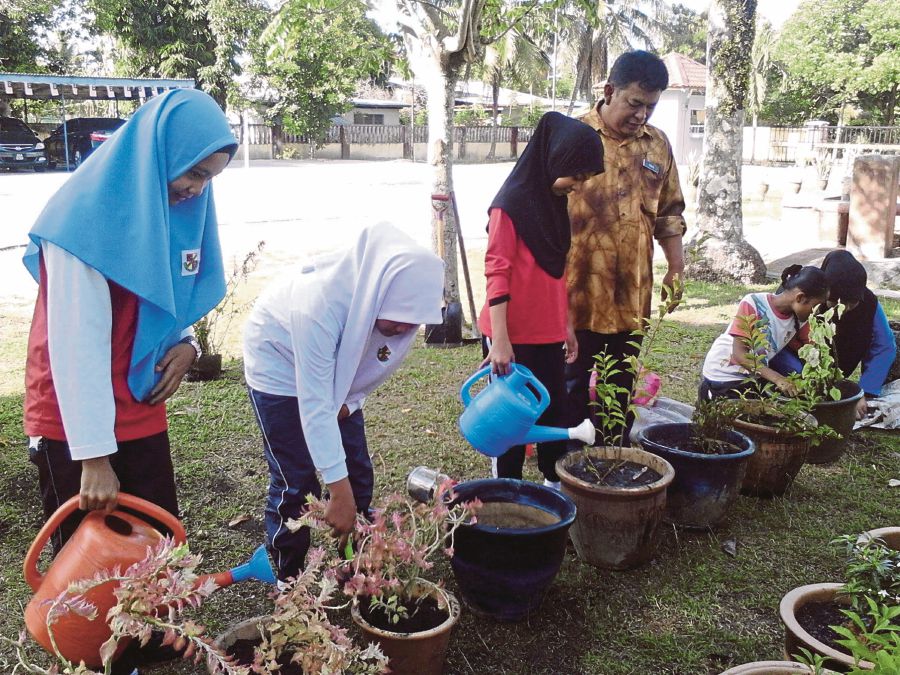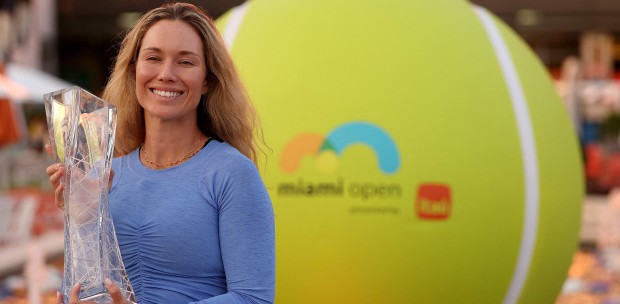TECHNOLOGY has made teaching and learning complex and holistic. Changes in content and pedagogy are also happening quickly.
The success rate in most developing nations is based on how well students perform in their examinations or how clever they have become.
In many schools and higher learning institutions, we are missing the integration of people, the joys of studying and the purpose of life. It has become a mechanical world.
Preschool children are forced to spend hours studying to get a head start, and are burnt out by the time they are in secondary school.
Some take their own lives because they cannot keep up with their expectations, let alone parental and societal ones, to excel in their studies.
To ensure that the digital education era does not eliminate the humanising of education, we should pay heed to Moral Education.
This is a subject that develops students into individuals with integrity and noble values.
They contribute to society’s unity, prosperity and wellbeing.
Through innovative pedagogies in Moral Education, such as visualisation, students can get into self-reflection and deep learning. These allow them to be in a better position to make decisions when faced with moral dilemmas.
When I was growing up in a multicultural environment, I always visualised people as equals, without even thinking about colour and creed. It is becoming a reality now.
Visualisation techniques have been used by many to see their desired outcomes.
The practice has given world leaders what seem like super-powers, helping them create their dream lives by accomplishing one goal at a time with focus and confidence.
The technique involves envisioning yourself achieving your goal. To do this, a detailed mental image of the desired outcome using your senses is created.
For example, if your goal is to stay healthy, visualise yourself eating only healthy food.
When students have the space to become complete humans, then no digital era will ever take away their pride and dignity.
The crucial question here is, are educators, parents and society providing this platform for students?
Dr Vishalache Balakrishnan is a Director at the Centre for Research in International and Comparative Education, Universiti Malaya, Kuala Lumpur





